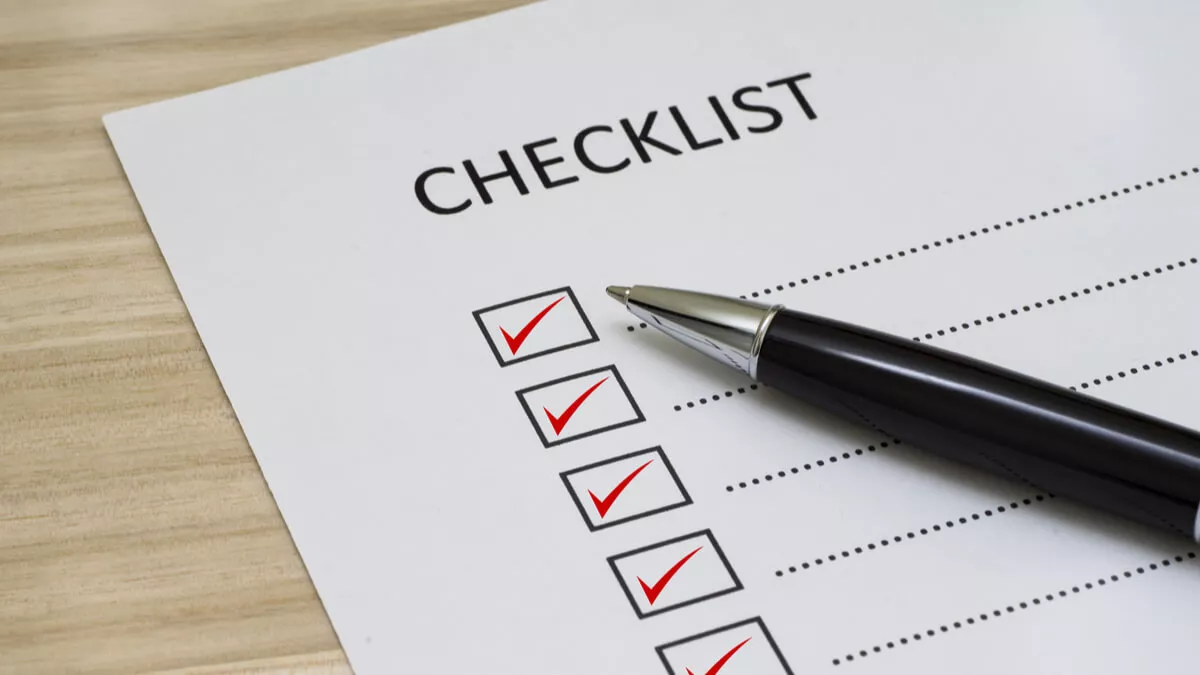How to Create a Relapse Prevention Plan

Recovery from addiction doesn’t happen overnight, and you’ll experience many challenges along the way. One of the most common challenges is relapse. It’s a normal part of your journey to recovery, but that doesn’t mean you shouldn’t put a prevention plan in place to help you combat triggers and stay on your path to recovery.
What is Relapse?
In addiction recovery a relapse is a return to active substance use. It could be a one-time occurrence or snowball back into habitual drug or alcohol abuse. Most relapses occur as a result of a triggering event, but putting a relapse prevention plan in place can protect your commitment to sobriety.
What is a Relapse Prevention Plan?
A Relapse Prevention Plan can be linked to a cognitive-behavioral approach. Your goal is to identify the triggers and also put into place techniques, measures, and tools that will help you avoid reverting to old habits and behaviors.
Creating a Relapse Prevention Plan
There’s no one right way to create a Relapse Prevention Plan. Your approach should focus on you and your own needs.
Identify coping mechanisms that help.
You need to focus on tools and techniques that will help you cope with cravings and urges. Your coping mechanisms will be specific to your needs, but you can ask others to join you in the distraction.
- Be active.
- Practice meditation.
- Watch a distracting movie.
- Dance to your favorite song(s).
- Talk it out.
What other tools or mechanisms can you think of that will help you stay on track with your Relapse Prevention Plan?
Practice self-check-ins and mindfulness around known triggers.

Be purposeful in everything you do but make a point of creating check-ins when you know you may be experiencing triggers to relapse.
- Drink water.
- Walk while you meditate.
- Wash your hands.
- Be mindful while eating.
What other check-in and mindfulness techniques will help you avoid known triggers?
Identify a point of contact to call/text when feeling the urge to use.
Your support system will help you to avoid relapse. They can talk you through the triggers and remind you why you are on this path of recovery.
- Create a list of contacts.
- Check in with them and give them a heads-up that you will contact them.
- Use your list of contacts to gain the support you need.
Are there other ways that you can tap into a support system? Remember that Alcoholics Anonymous and other support groups offer support you need at any time of the day or night. You’re never alone.
Outline the consequences of relapse for quick referral.
Remember, you have a lot to lose by relapsing. That’s part of why you chose sobriety. Make a list of what will happen if you relapse.
- I lose access to my kids.
- I may lose my job.
- I violate probation and may go to jail.
That list is an important reminder not only now but in the future. You should remember why you are in recovery.
Your substance abuse relapse prevention plan is critical to your recovery and continued health.
Continue to build upon your Relapse Prevention Plan. What other elements can you use to reinforce your intention to stay sober and well?
Find out more about how we can help you achieve sobriety at our Discovery Point Retreat near Dallas, Texas.

